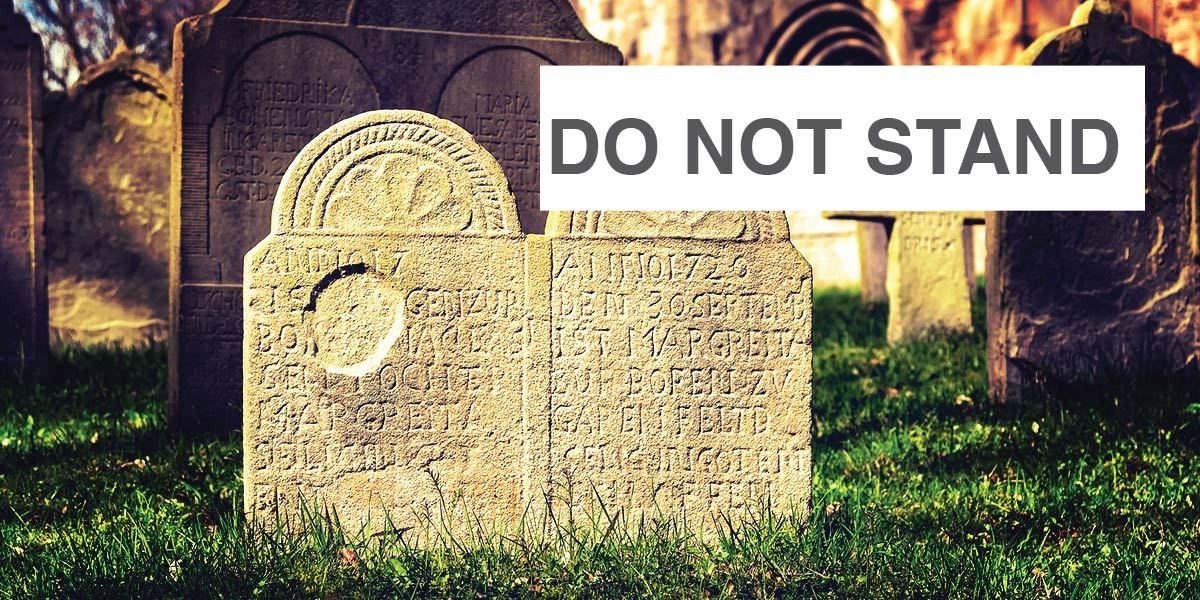
These movements may be performed individually or together as a three-movement work.Įternal Reflections was commissioned by Volti, Robert Geary, Artistic Director, for Volti's 30th Season.Also available here in a lower key (whole step lower). Finally, all three poems use musical and aural metaphors, which are particularly useful when setting poems for a choir. The poems by both Milosz and Frye are profoundly influenced by the tragedies of World War II, and both Milosz and Frye passed away in 2004. They are all by poets who lived in America, and both Dunbar and Frye were born in Dayton, Ohio. When her mother died, the heartbroken young woman told Frye that she never had the chance to “stand by my mother’s grave and shed a tear.” Although many versions of this un-copyrighted poem exist, the version used in this setting is the one Frye claimed as definitive before she died.Īlthough the three poems are related thematically, there are a few other details that link them together. According to Frye, their guest had been concerned about her mother, who was ill in Germany, but she had been warned not to return home because of increasing anti-Semitic unrest. According to an article in the London Times, “Frye had never written any poetry before 1932, when she and her husband had a young German Jewish girl, Margaret Schwarzkopf, staying with them. Frye was a housewife and florist who became well-known because of her poem.

Washington, and toward the end of his life he was honored with a ceremonial sword by President Theodore Roosevelt. He was friends with many prominent figures of his day, including Wilbur and Orville Wright, Frederick Douglass and Booker T. Although he died at the relatively young age of 33, he produced a large body of work, including this poem and the lyrics for In Dahomey (1903), the first musical written and performed entirely by African-Americans to appear on Broadway. Paul Laurence Dunbar is America’s first prominent African-American poet and was a child of ex-slaves. I chose this poem partly because I knew this work would be premiered in Berkeley, where he lived for many years.

After spending most of World War II in Nazi-occupied Warsaw working for underground presses, he emegrated to America and taught at the University of California at Berkeley for more than twenty years. Milosz is a Nobel Prize-winning, Lithuanian and Polish-American poet, prose writer and translator, and is widely considered one of the greatest poets of the twentieth century. PROGRAM NOTEĮternal Reflections consists of settings of the poems A Song on the End of the World by Czeslaw Milosz, Life’s Tragedy by Paul Laurence Dunbar and Do not stand at my grave and weep by Mary E.

Milosz is a Nobel Prize-winning Polish-American poet, Paul Laurence Dunbar is America's first prominent African-American poet, and Mary E. Eternal Reflections consists of settings of the poems A Song on the End of the World by Czeslaw Milosz, Life’s Tragedy by Paul Laurence Dunbar and Do not stand at my grave and weep by Mary E.


 0 kommentar(er)
0 kommentar(er)
